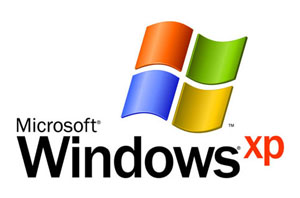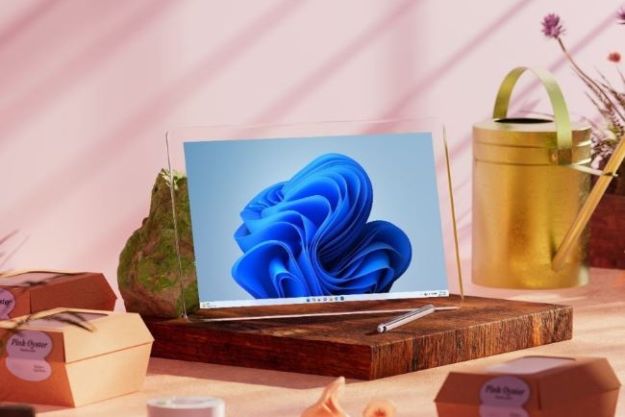
Microsoft’s Windows XP is turning into the Jason Voorhees of operating systems: every time the Redmond software giant tries to put XP down for good, it comes back for another all-too-familiar episode, whether it it be in netbooks, downgradeable licenses, or—the latest and greatest—a s separate Windows XP Mode for Windows 7 to support legacy applications. Microsoft has now announced that the free Windows XP Mode will be available from the Microsoft Download Center day-and-date with the formal release of Windows 7: October 22, 2009. Computer makers will also be able to offer Windows XP Mode as a pre-installed option.
Windows XP Mode is based on Microsoft Virtual PC technology (acquired with Connectix back in 2003) and essentially installs a virtual machine with a licensed copy of WIndows XP SP3 to run alongside Windows 7. XP Mode leverages virtualization technology available in numerous Intel and AMD processors to provide a last-ditch compatibility option for legacy Windows XP applications that aren’t compatible with Windows Vista or Windows 7. Unfortunately, this requirement for chip-level virtualization support means many existing Windows XP machines will not be able to upgrade to Windows 7 and leverage Windows XP Mode for legacy apps: customers in a bind will have to upgrade their hardware.
Windows XP Mode will work with Windows 7 Enterprise, Professional, and Ultimate, but not home versions of Windows 7. Windows XP Mode is mainly aimed at business users who may have to support long-in-the-tooth applications or specialized software that’s essential to their business functions: in some cases, Windows XP Mode may enable those customers to upgrade to Windows 7 rather than letting older system limp along on Windows XP…and that, in turn, means more hardware sales and operating system licenses feeding the Windows ecosystem. Users will need to install XP-only applications directly in XP Mode; they won’t be able to carry over pre-existing software installations.
Editors' Recommendations
- How to set up Windows 11 without a Microsoft account
- How to delete Google Chrome on Windows and Mac
- How to check your PC’s specifications on Windows 11
- How to record your screen in Windows 11
- How to download Windows 10 for free


